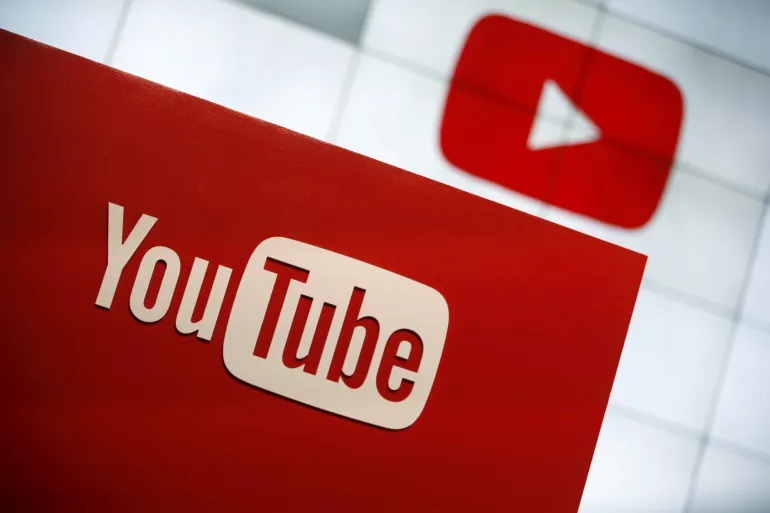Alphabet-owned YouTube has notified more than two dozen Pakistani content creators that it is reviewing a court directive calling for the potential blocking of their channels within the country.
The move comes after a judicial magistrate in Islamabad requested a ban on several YouTube channels.
These include those associated with opposition leader and former Prime Minister Imran Khan, as well as prominent journalists known for criticizing the government.
According to the court order dated June 24, the ban was sought following a June 2 report by Pakistan’s National Cyber Crime Investigation Agency.
The report accused the channels of broadcasting “highly intimidating, provocative, and derogatory content” targeting state institutions and officials.
The list of potentially affected channels includes those run by well-known journalists like Imran Riaz Khan, Matiullah Jan, Habib Akram, and Asad Toor, among others.
Toor, who has more than 333,000 subscribers, publicly shared the court order on social media platform X, condemning it as an assault on constitutional freedoms.
He argued that the move was not just about individual creators but a broader effort to silence dissenting voices, especially those representing marginalized or oppositional perspectives.
“YouTube said in an email that if we fail to comply, it may proceed to block our content without further notice under local law obligations,” Toor said.
A notice reviewed by Reuters confirmed YouTube’s warning to 27 creators.
The platform’s regional communications manager did not immediately respond to media inquiries.
Pakistan’s State Minister for Interior, Talal Chaudhry, defended the court’s decision and warned that legal consequences could follow.
Speaking to Geo News TV, he said that social media should not be used to incite unrest.
“You cannot use cellphones and social media to create chaos.
“There are laws to regulate these platforms, and they must be followed,” he stated.
The Human Rights Commission of Pakistan (HRCP) issued a statement expressing deep concern over the move, warning that the blanket ban “conflates dissent with criminal activity.”
The organization emphasized that taking down entire channels instead of addressing specific violations undermines the right to free expression and sets a troubling precedent.
Critics argue that this is part of a broader campaign to suppress independent journalism and digital dissent in Pakistan.
Since the government began restricting traditional media outlets, many independent journalists and political commentators, particularly those aligned with Khan’s Pakistan Tehreek-e-Insaf (PTI) party, have moved their content online, primarily to YouTube.
Zulfikar Bukhari, a PTI spokesperson, criticized the action, saying it was part of a larger attempt to silence reports of human rights abuses and government overreach.
“It’s not just about journalists being fired or channels being blocked—it’s about hiding the truth and muzzling digital media,” he said.
Bukhari also reaffirmed Imran Khan’s claim that his party has been the target of a military-backed campaign since his ouster in 2022—a charge the military denies.
The current court order follows a series of increasingly strict laws and regulations introduced by the government to monitor and control digital content.
In January, Pakistan’s parliament amended the Electronic Crimes Act, granting broad authority to a new regulatory body tasked with overseeing social media.
This body has powers to investigate, prosecute, and penalize individuals for online content deemed “false or fake,” with penalties including up to three years in prison and fines of two million rupees (around $7,200).
Pakistan has also frequently disrupted access to major social media platforms like X (formerly Twitter), Facebook, and TikTok, often during times of political tension or protest.
Digital rights activists warn that the latest move by the Pakistani authorities represents a serious threat to free speech and access to information.
With traditional media already under pressure, social media remains one of the last platforms where alternative viewpoints and government criticism can reach the public.
Efforts to curtail it, they argue, risk eroding democracy and silencing the voices of millions.



